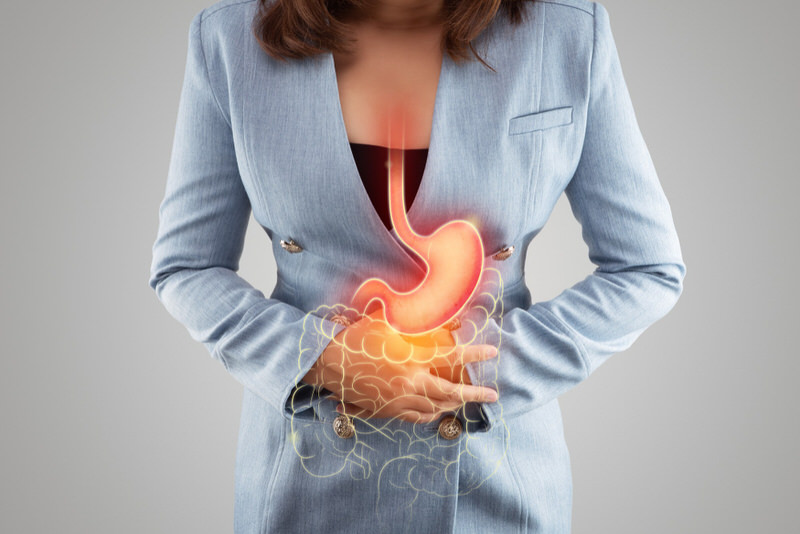Drinking Coffee When Sick – Help Or Hindrance?
It’s common to question the wisdom of caffeine consumption during times of illness, and there is a lot of mixed information regarding the decision. Educating yourself on the various factors and deciding based on your situation is crucial since each person may react differently based on their tolerance, diet, and personal health condition. For many … Read more











